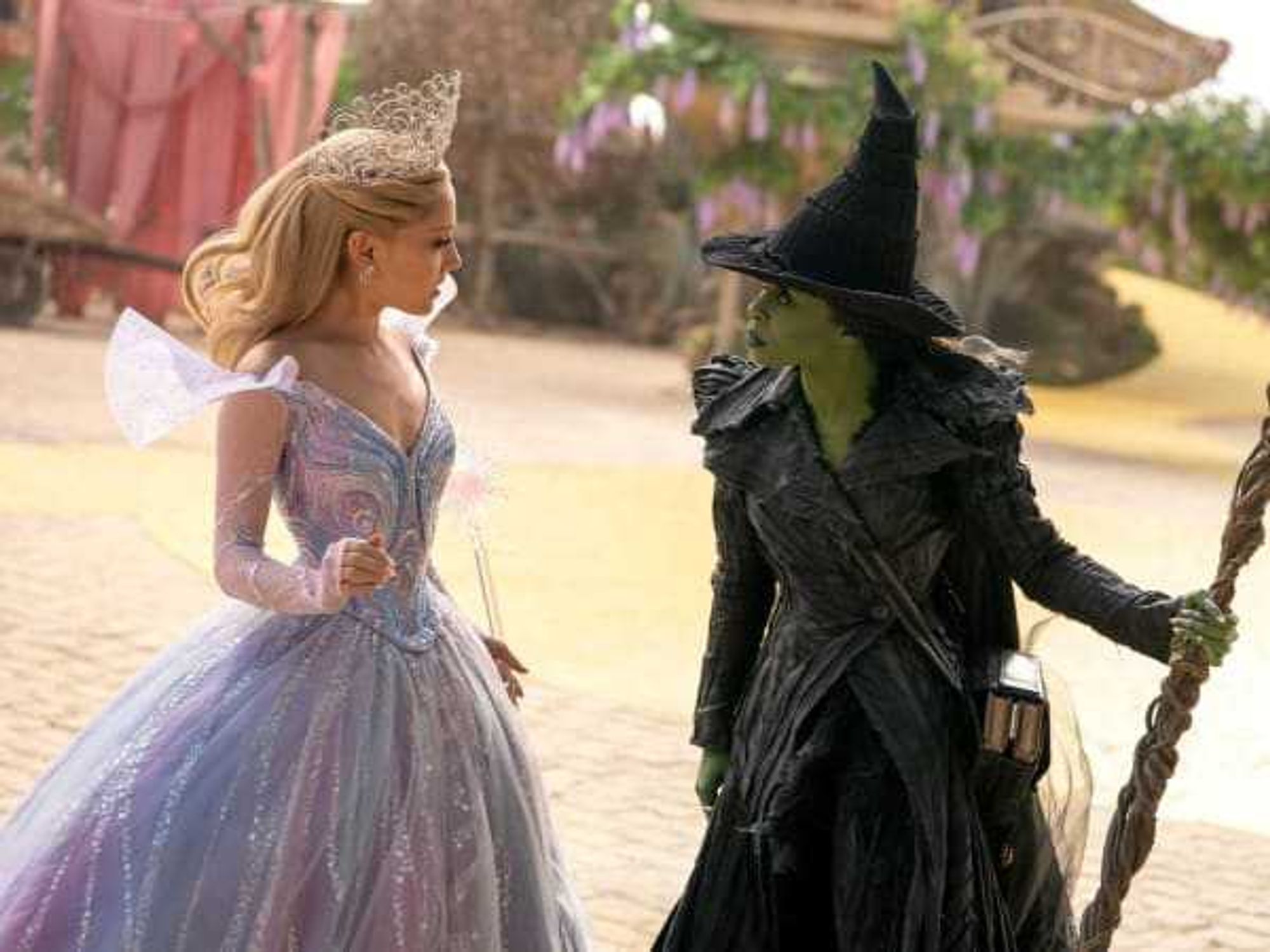 photo by Steven Thomson
photo by Steven Thomson Photo by Steven Thomson
Photo by Steven Thomson Station manager Kelsey YuleSteven Thomson
Station manager Kelsey YuleSteven Thomson Steven Thomson
Steven Thomson Rice alumna Heather NodlerPhoto by Steven Thomson
Rice alumna Heather NodlerPhoto by Steven Thomson
Tears were shed by several speakers before the statue of William Marsh Rice at Sunday afternoon's KTRU rally. Drawing several hundred supporters, the event featured the words of KTRU djs, Rice University professors and community organizers. The mix of speakers underlined the radio station's diverse listenership, and shed light on the personal connections people of various backgrounds share with KTRU.
"Today, we are having a peaceful rally to drum up support for KTRU and show that there is a strong belief that we're going to do whatever we can to halt this sale," station manager Kelsey Yule told CultureMap moments before the event, adding, "because it's not right for Rice, and it's not right for Houston."
Among the impassioned orators was Heather Nodler, who served as a KTRU station manager while a Rice student from 1997 to 1999, and has gone on to have an illustrious career combining communications and arts management, including posts at Holocaust Museum Houston and now at the Menil Collection as an archivist in the Artists Documentation Program.
"Like so many things that we hold sacred," Nodler announced, "KTRU's value lies precisely in the fact that one cannot put a pricetag on it. To the students of Rice University, KTRU is a once-in-a-lifetime opportunity."
For Nodler and other participants in the radio station, KTRU presented an opportunity to leverage skills in public speaking, project managagement and public relations, but also connect with fellow students and the city's avant-garde scene. Throughout the demonstration, Rice students also communicated the role the radio station played in encouraging them to apply to the university.
To emphasize her connection to the organization, Nodler summoned her "KTRUvian" intellectual prowess, explaining, "If you look at the etymology of the term alma mater, you'll see that it comes from Latin for 'nourishing mother.' During my time at Rice, more than anything, KTRU is what nourished me and what allowed me to grow."
Yet the crowd still understood the impact of 91.7 beyond Rice's hedges:
"To the greater Houston area, KTRU is an oasis on the radio dial, giving some sense of life to a flat desert of radio sameness," Nodler declared, elaborating, "This radio desert stretches across the city and into the suburbs, echoing the bleakness of Houston's miles and miles of billboards and stripmalls.
"Through its unique programming, KTRU does not only give hope to the innerloop avant-garde art scenes, but also to Houston's far-flung cultural communities, playing African, Aegean, Indian, jazz, hiphop, blues and so many other music styles that reflect one of Houston's primary accomplishments: it's great diversity."
Beyond today's fervent displays of radio station solidarity, KTRU's student organizers are capitalizing on concrete actions to secure the terrestrial station's future. "A group of students is talking with the administrators on Tuesday afternoon," Yule told CultureMap. "But they can take us off the air as soon as the paper is signed and the money is transferred."
However, the Federal Communications Commission right will not be transferred for 30 days after the papers are signed. "There's still a lot we can do," says Yule, suggesting that listeners write informal objections to the FCC, sign formal petitions to deny the transfer, donate to the savektru.org campaign and write letters to the UH board of regents and Rice administration.
